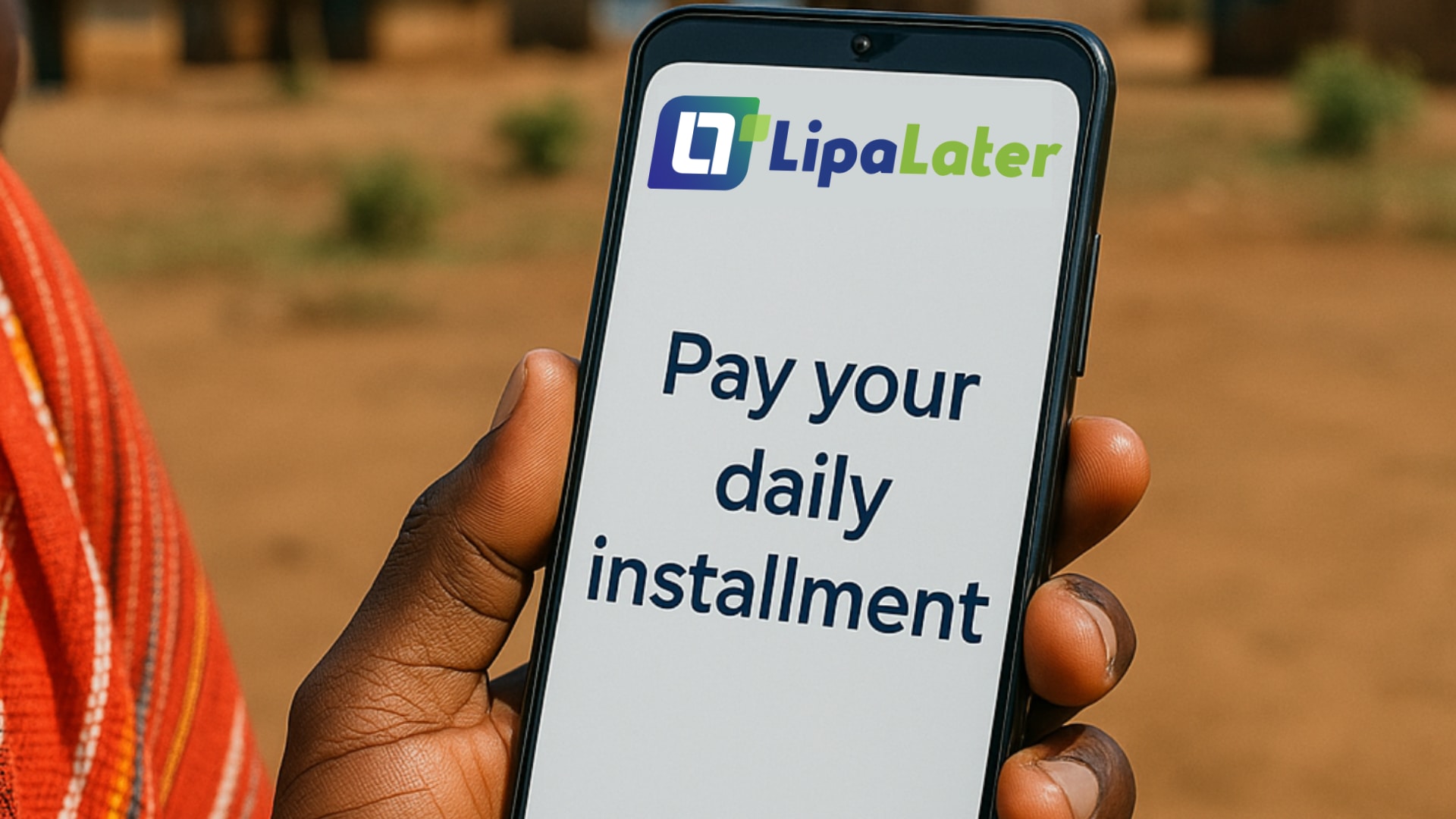On March 24, 2025, one of Kenya’s most celebrated fintech startups, Lipa Later, was placed under administration. Joy Vipinchandra Bhatt of Moore JVB Consulting was appointed as the administrator, taking over all business, financial, and operational decisions from the company’s directors. The move, announced through an official notice, gave creditors until April 23 to submit claims, signaling a formal process of insolvency as outlined under Kenya’s Insolvency Act.
The news shocked the ecosystem. According to Capital Business, just three months earlier, Lipa Later had reportedly secured KES 1.36 billion in debt and equity financing from a consortium of investors, intended to support its expansion into new African markets. But that injection of capital now appears to have been insufficient, or perhaps too late, to stop the financial unraveling.
What Went Wrong? The Collapse of a Seemingly Thriving Fintech
Founded in 2018, Lipa Later had emerged as a major player in Kenya’s Buy-Now-Pay-Later (BNPL) space. It built its model around offering consumers the ability to purchase goods upfront and pay in installments, with Lipa Later handling the full payment to merchants. It wasn’t just a lender; it positioned itself as a consumer credit platform backed by proprietary data and machine learning.
Its journey appeared to be one of relentless growth:
- In early 2022, the company raised $12 million in a pre-Series A round.
- In September 2023, the firm secured approval from the U.S. Securities and Exchange Commission to raise funds publicly via Republic.
- Two weeks later, it closed a KES 500 million privately placed debt issuance.
- In December 2023, it invested KES 250 million in relaunching Sky.Garden.
- In May 2024, the Financial Times ranked it 25th on the list of Africa’s Fastest Growing Companies.
From the outside, everything pointed to a robust, scaling business. So what happened?
Past Wins and Positive Coverage — A Track Record of Momentum
At Techish, we followed Lipa Later closely over the years – giving them their own mini category tag for all stories. In April 2022, we covered the remarkable news that AliExpress co-founder and former Google Wallet program manager Tom Gong had joined the company as CTO. It was a huge moment, signaling serious intent to scale and modernize operations.
By September 2023, we reported on two key milestones:
- The company became one of the first African fintechs to receive SEC approval to raise funds from the general public in the U.S.
- Shortly after, they closed a KES 500 million debt raise, with plans to raise an additional KES 2 billion.
In December 2023, we covered the relaunch of Sky.Garden under the Lipa Later Group after a KES 250 million investment. In that same year, we highlighted their growing influence in powering financial inclusion and their vision to be Africa’s most comprehensive credit and shopping platform.
In May 2024, we were proud to report their inclusion in the Financial Times’ prestigious list of Africa’s fastest-growing companies, placing alongside industry leaders like M-KOPA, Quick Mart, and Kentegra Biotechnology.
Everything pointed upward. Until now.
But Lipa Later Is Not Alone — A Pattern of Collapse Amid Promise
Lipa Later’s downfall follows a troubling pattern in Kenya’s startup ecosystem, where high-profile companies collapse despite visible growth and funding milestones. Recent examples underscore the fragility of scale-up stage startups in Kenya:
| Company | Raised Funds | Fate | Year | Receivership? |
|---|---|---|---|---|
| Sendy | $27.2M | Under administration | 2023 | ✅ |
| Mastermind Tobacco | — | Receivership over KES 517M tax | 2023 | ✅ |
| TransCentury | — | Receivership over KES 4.8B loan | 2023 | ✅ |
| Twiga Foods | Over KES 23B | Faced liquidation threats | 2023-24 | ❌ |
| Kune Foods | $1M | Shut down | 2022 | ❌ |
| SWVL | Global Ops | Paused in Kenya | 2022 | ❌ |
| Sky.Garden | $1.2M | Acquired by Lipa Later | 2022 | ❌ |
Each of these companies had once been heralded as innovators disrupting their respective industries. From logistics to food delivery to urban mobility, their visions resonated with investors, partners, and the public. But volatile macroeconomic conditions, weak unit economics, unsustainable burn rates, and regulatory pressures continue to drive many into crisis.
What This Means for Kenya’s Startup and Fintech Space
The implications of Lipa Later’s administration are profound. Investor confidence may dip. Startups may face even tougher scrutiny before accessing credit or capital. The pressure to show profitability will increase, even for companies still in growth mode.
At a structural level, the issues are bigger than Lipa Later. Many fintechs in Kenya rely heavily on external debt and equity to grow, often without sustainable revenue streams. Regulatory clarity around BNPL, credit scoring, and cross-border operations is still evolving. The tax regime, rising inflation, and weakening shilling add to the stress.
In hindsight, perhaps too much emphasis was placed on PR wins, fundraising rounds, and regional expansion, without a thorough examination of the financial fundamentals. Perhaps investors, regulators, and media alike failed to question whether all was truly well under the hood.
Where Do We Go from Here?
The Kenyan tech ecosystem must reflect deeply:
- Are our startups prioritizing sustainability over growth?
- Are we celebrating announcements and funding rounds too quickly?
- Are debt-financed business models being tested rigorously enough?
The fall of Lipa Later is not just about one company’s missteps. It is a broader signal that something within the ecosystem must shift. Transparency, responsible scaling, and regulatory support must take center stage.
The fintech revolution in Africa is far from over. But as this chapter shows, growth without resilience can lead to fragility—and eventually, collapse.






